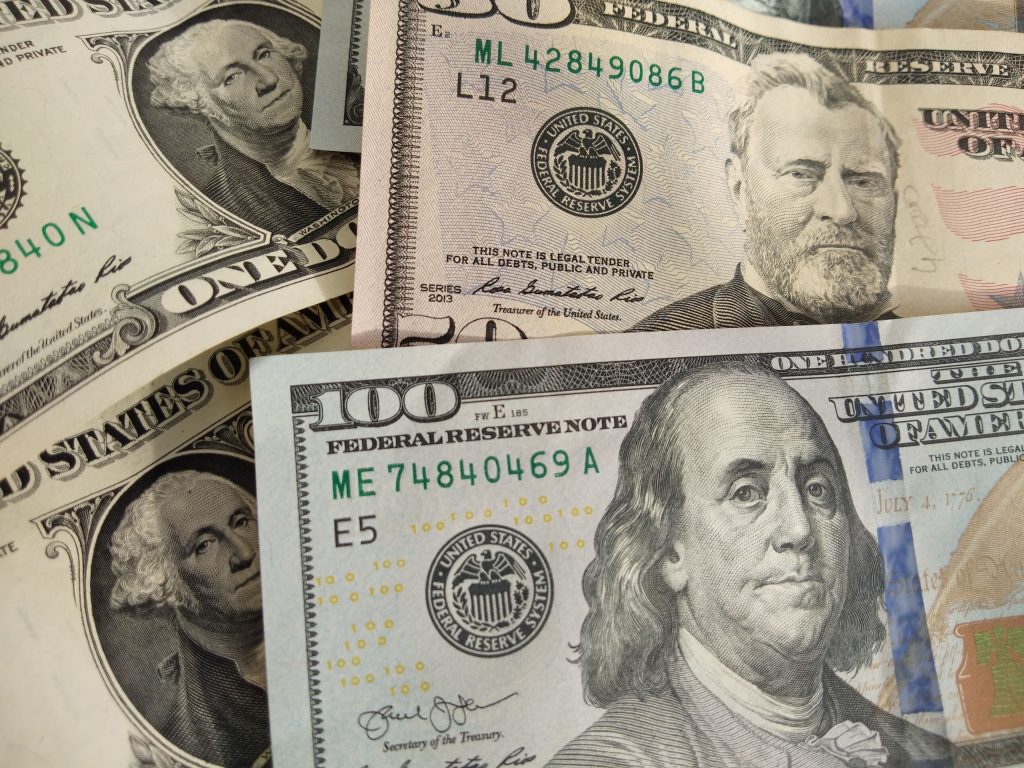
A global currency is one that may be used for international trade. Most international transactions accept some of the world’s currencies. The most common currencies are the US dollar, euro, and yen. The reserve currency is another name for a global currency.
The US dollar is the most widely used currency, according to the International Monetary Fund. It accounts for over 59% of all known central bank foreign exchange reserves as of the fourth quarter of 2021. Despite the lack of a formal designation, it has become the de facto world currency.
The euro is the next closest reserve currency. It accounts for 20% of all known foreign currency reserves held by central banks. The eurozone crisis has harmed the euro’s chances of becoming a global currency. It exposed the challenges of a monetary union governed by two political entities.
It should come as no surprise that the United States of America is the world’s leading superpower; from its formidable military force to its dominant economy, the US is unquestionably one of the world’s most powerful nations. How did they get there, though? How did the United States Dollar become the world’s reserve currency?
What is a reserve currency?
A reserve currency is a foreign currency held by a central bank or the government as part of the formal foreign exchange reserves of a country. Countries maintain reserves for various reasons such as weathering economic shocks, paying for imports, servicing debts, and controlling their currency’s value. As many countries conduct international trade in dollars, they often can’t borrow money or pay for foreign goods in their own currencies. Therefore, they must hold reserves to guarantee a steady supply of imports during a crisis and to convince creditors that they can make debt payments denominated in foreign currency.
A central bank can influence the value of its country’s currency by purchasing and selling currencies on the open market, which can create stability and sustain investor confidence. For example, if the value of the Nigerian Naira begins to decline during an economic slump, the Central Bank of Nigeria can intervene and bid up its value using its foreign reserves. Countries can intervene to prevent their currencies from appreciating and making their exports more affordable.
Most countries prefer to keep their reserves in a currency with large and open financial markets because they want to be able to access them in an emergency. Government bonds, such as US Treasuries, are frequently held by central banks. The Treasury market in the United States remains the world’s largest and most liquid bond market—the easiest to buy into and sell out of.
The IMF recognises eight main reserve currencies: the Australian dollar, the British pound sterling, the Canadian dollar, the Chinese yuan, the euro, the Japanese yen, the Swiss franc, and the United States dollar. By far the most widely held reserve currency is the US dollar.
The creation of the Bretton Woods Agreement
The United States entered World War II far later than it did World War I. Before entering the war, the United States was the principal source of weaponry and other supplies to the Allies. By the end of the war, the United States had the majority of the world’s gold. The countries that had expended their stockpiles could no longer return to the gold standard.
In 1944, delegates from 44 Allied countries met in Bretton Woods, New Hampshire, to devise a system for managing foreign money that would benefit all countries equally. The delegation decided to unlink global currencies from gold and instead tie them to the US dollar. That’s because the greenback was, itself, linked to gold.
The Bretton Woods Agreement was named after this agreement. It established central bank power, requiring them to maintain fixed exchange rates between their currencies and the dollar. In exchange, the US would give US dollars for gold on demand. In cases where the value of their own currencies became too weak or too strong relative to the dollar, countries had some control over their currencies. To control the money supply, they could buy and sell their currency.
Unpegging the dollar from gold
While the United States reaped many benefits from its status as the world’s official currency, there is always the flip side. Because of the deficit spending utilised to fund the Vietnam War, the US flooded the market with paper money, devaluing the value of the dollar. Foreign countries began to demand that the US government convert their country’s dollar reserves into gold as fears about the dollar’s stability grew.
Rather than allowing investors to exhaust all of the gold stockpiles at Fort Knox (United States Bullion Depository), President Nixon made the final decision to decouple the US dollar from gold. This led to the emergence of today’s floating exchange rates, also known as fluctuating exchange rates. In this system, the forex market determines a country’s currency price based on its supply and demand relative to other currencies, essentially creating a free-for-all. Of course, such severe steps in the United States have had disastrous effects, including stagflation, a scary mix of high inflation and high unemployment, as well as high oil costs. However, outstanding economists such as Milton Friedman and Paul Volker devised numerous fiscal strategies that helped the US economy recover and overcome stagflation.
The Bottom Line
The United States’ reserve position is largely determined by the size and strength of its economy, as well as the dominance of its financial markets. Despite trillions of dollars in foreign debt and ongoing huge deficit expenditures, the United States continues to enjoy international trust and confidence in its capacity to meet its obligations. As a result, the US dollar remains the world’s most powerful currency. In the years ahead, it may remain the most important global currency.
However, the dollar’s present number one position is in question. In this more interwoven global economy, countries like China and Russia believe a new one-world currency, unbacked by any single sovereign, is a long time.
Innovative Tech Solutions, Tailored for You
Our leading tech firm crafts custom software, web & mobile apps, designed with your unique needs in mind. Elevate your business with cutting-edge solutions no one else can offer.
Start NowBefore You Go…
Hey, thank you for reading this blog to the end. I hope it was helpful. Let me tell you a little bit about Nicholas Idoko Technologies. We help businesses and companies build an online presence by developing web, mobile, desktop, and blockchain applications.
We also help aspiring software developers and programmers learn the skills they need to have a successful career. Take your first step to becoming a programming boss by joining our Learn To Code academy today!
Be sure to contact us if you need more information or have any questions! We are readily available.











